Filter by
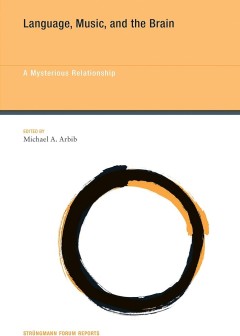
Language, Music, and the Brain: A Mysterious Relationship
Through four key themes, this book explores the relationships between language, music, and the brain and the crosstalk between them: song and dance as a bridge between music and language; multiple levels of structure from brain to behaviour to culture; the semantics of internal and external worlds and the role of emotion; and the evolution and development of language. Specially commissioned exp…
- Edition
- -
- ISBN/ISSN
- 9781461934394
- Collation
- 1 online resource (xiii, 662 pages).
- Series Title
- -
- Call Number
- -

Emil du Bois-Reymond: Neuroscience, Self, and Society in Nineteenth-Century G…
A biography of an important but largely forgotten nineteenth-century scientist whose work helped lay the foundation of modern neuroscience.Emil du Bois-Reymond is the most important forgotten intellectual of the nineteenth century. In his own time (1818-1896) du Bois-Reymond grew famous in his native Germany and beyond for his groundbreaking research in neuroscience and his provocative addresse…
- Edition
- -
- ISBN/ISSN
- 9781461950325
- Collation
- 1 online resource.
- Series Title
- -
- Call Number
- -
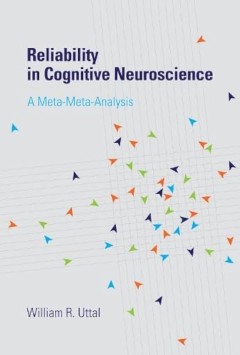
Reliability in Cognitive Neuroscience: A Meta-Meta-Analysis
Cognitive neuroscientists increasingly claim that brain images generated by new brain imaging technologies reflect, correlate, or represent cognitive processes. This book warns against these claims, arguing that, despite its utility in anatomic and physiological applications, brain imaging research has not provided consistent evidence for correlation with cognition. It bases this argument on a …
- Edition
- -
- ISBN/ISSN
- 9780262312042
- Collation
- 1 online resource (xiii, 238 pages) :illustrations
- Series Title
- -
- Call Number
- -
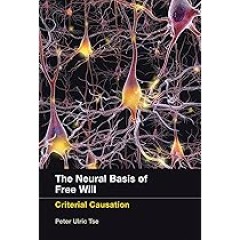
The Neural Basis of Free Will: Criterial Causation
The issues of mental causation, consciousness, and free will have vexed philosophers since Plato. In this book, Peter Tse examines these unresolved issues from a neuroscientific perspective.OCLC-licensed vendor bibliographic record.
- Edition
- -
- ISBN/ISSN
- 9780262313155
- Collation
- 1 online resource (xii, 456 pages) :illustrations
- Series Title
- -
- Call Number
- -
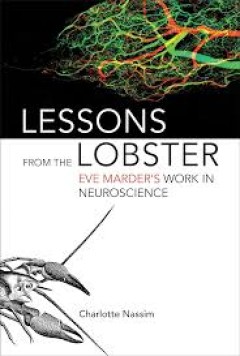
Lessons from the Lobster: Eve Marder's Work in Neuroscience
How forty years of research on thirty neurons in the stomach of a lobster has yielded valuable insights for the study of the human brain.OCLC-licensed vendor bibliographic record.
- Edition
- -
- ISBN/ISSN
- 9780262346016
- Collation
- 1 online resource
- Series Title
- -
- Call Number
- -
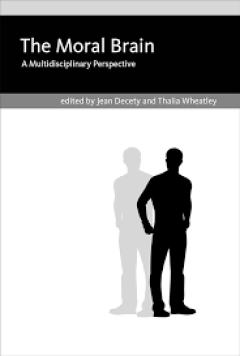
The Moral Brain: A Multidisciplinary Perspective
"Over the past decade, an explosion of empirical research in a variety of fields has allowed us to understand human moral sensibility as a sophisticated integration of cognitive, emotional, and motivational mechanisms shaped through evolution, development, and culture. Evolutionary biologists have shown that moral cognition evolved to aid cooperation; developmental psychologists have demonstrat…
- Edition
- -
- ISBN/ISSN
- 9780262327589
- Collation
- 1 online resource (x, 327 pages) :illustrations.
- Series Title
- -
- Call Number
- -
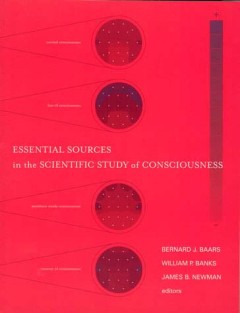
Essential Sources in the Scientific Study of Consciousness
"A Bradford book."Consciousness is at the very core of the human condition. Yet only in recent decades has it become a major focus in the brain and behavioral sciences. Scientists now know that consciousness involves many levels of brain functioning, from brainstem to cortex. The almost seventy articles in this book reflect the breadth and depth of this burgeoning field. The many topics covered…
- Edition
- -
- ISBN/ISSN
- 9780262267502
- Collation
- 1 online resource (xiii, 1192 pages) :illustrations
- Series Title
- -
- Call Number
- -

Evolution and Culture: A Fyssen Foundation Symposium
OCLC-licensed vendor bibliographic record.
- Edition
- -
- ISBN/ISSN
- 9780262316224
- Collation
- 1 online resource (xvii, 296 pages) :illustrations.
- Series Title
- -
- Call Number
- -
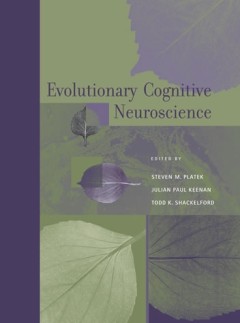
Evolutionary Cognitive Neuroscience
An essential reference for the new discipline of evolutionary cognitive neuroscience that defines the field's approach of applying evolutionary theory to guide brain-behavior investigations.OCLC-licensed vendor bibliographic record.
- Edition
- -
- ISBN/ISSN
- 9780262281669
- Collation
- 1 online resource (xix, 616 pages) :illustrations.
- Series Title
- -
- Call Number
- -
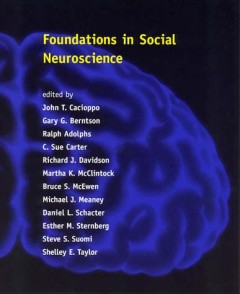
Foundations in Social Neuroscience
"A Bradford book."Annotation A full understanding of the biology and behavior of humans cannot be complete without the collective contributions of the social sciences, cognitive sciences, and neurosciences. This book collects eighty-two of the foundational articles in the emerging discipline of social neuroscience. The book addresses five main areas of research: multilevel integrative analyses …
- Edition
- -
- ISBN/ISSN
- 9780262269674
- Collation
- 1 online resource (xii, 1345 pages) :illustrations.
- Series Title
- -
- Call Number
- -
 Computer Science, Information & General Works
Computer Science, Information & General Works  Philosophy & Psychology
Philosophy & Psychology  Religion
Religion  Social Sciences
Social Sciences  Language
Language  Pure Science
Pure Science  Applied Sciences
Applied Sciences  Art & Recreation
Art & Recreation  Literature
Literature  History & Geography
History & Geography